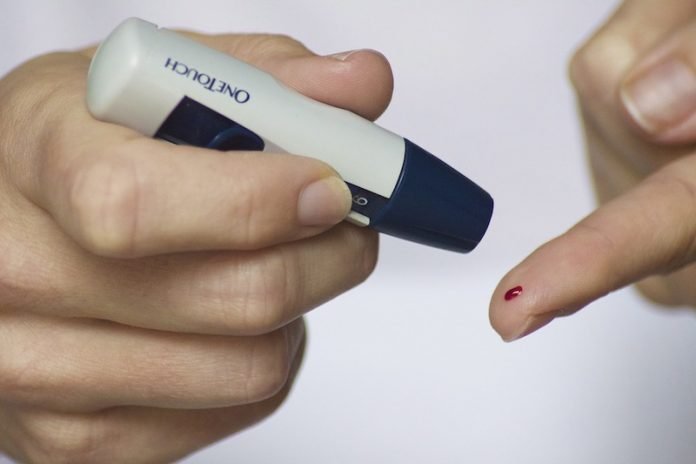
In a new study, researchers found a cellular connection between diabetes and one of its major complications—blood vessel narrowing.
This blood vessel condition can increase risks of several serious diseases, including heart disease and stroke.
The researchers hope their work can lead to better diabetes treatments that reduce damaging effects on the vascular system.
The research was done by a team of UC Davis Health scientists and physicians.
Previous research has shown that high blood glucose activates an enzyme known as protein kinase A (PKA), which increases calcium channel activity and constricts blood vessels.
That was a surprise because PKA is typically linked to blood vessel widening.
In the study, the team did a series of experiments on the effects of high blood sugar on cerebral blood vessels and arterial cells that control blood flow.
The ran the experiments on mice with diabetes that were developed at UC Davis for studies of cardiovascular health.
They focused on the link between PKA and an enzyme adenylyl cyclase (AC) involved in the production of cellular messenger that has a critical role in vascular cell function.
They found that one AC could change PKA activation and cellular messenger, triggering increased calcium channel activity and blood vessel narrowing.
This type of enzyme was essential for blood-vessel constriction during diabetes.
The team says diabetes has devastating impacts on patients’ health. The new finding brings into much clearer focus on how high glucose can damage the vascular system.
They hope to confirm the new finding in high-glucose conditions in human cells.
This may help confirm it as a treatment target for reducing the vascular complications of diabetes, including eye, kidney, cerebral, gastrointestinal and heart disease.
The senior author of the study is Manuel Navedo, professor of pharmacology at UC Davis Health.
The study is published in The Journal of Clinical Investigation.
Copyright © 2019 Knowridge Science Report. All rights reserved.



